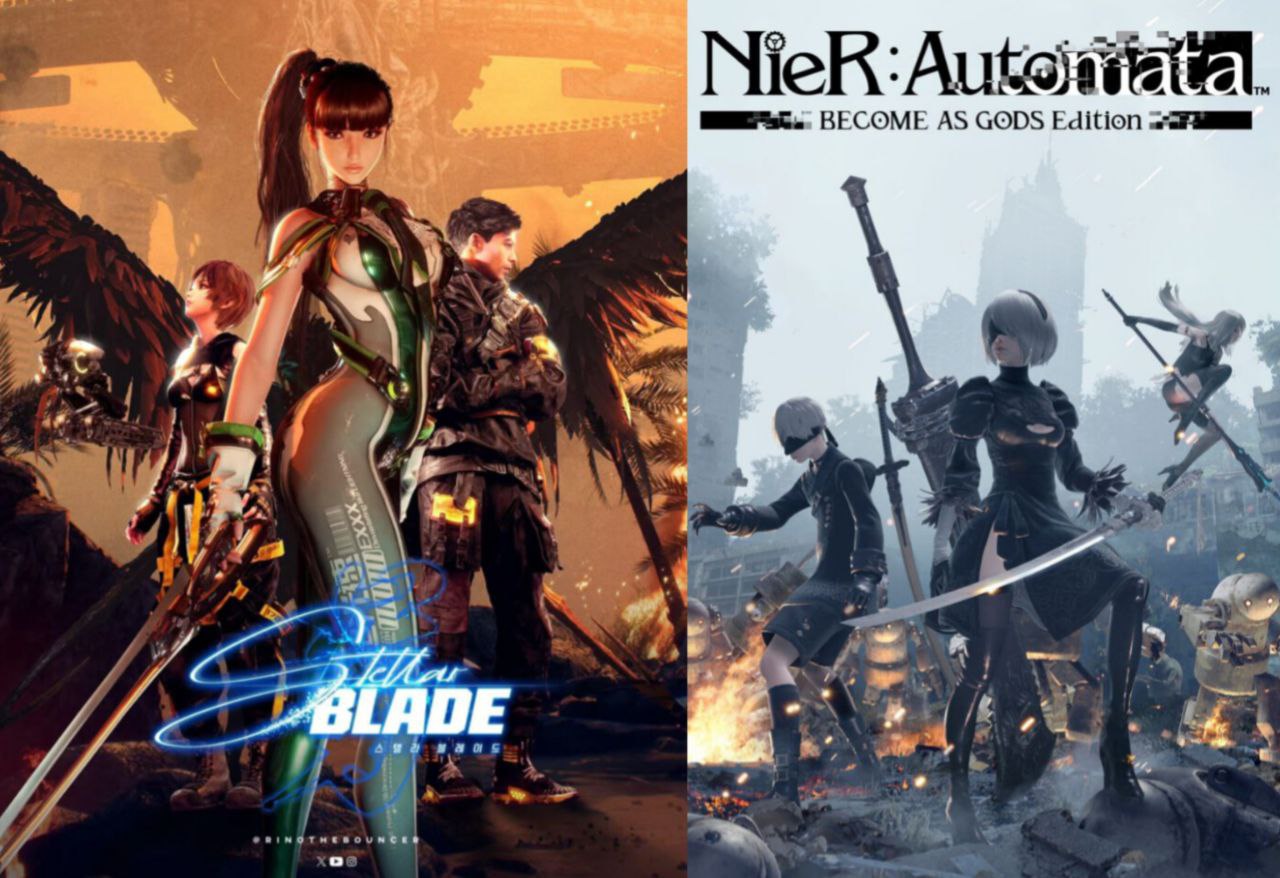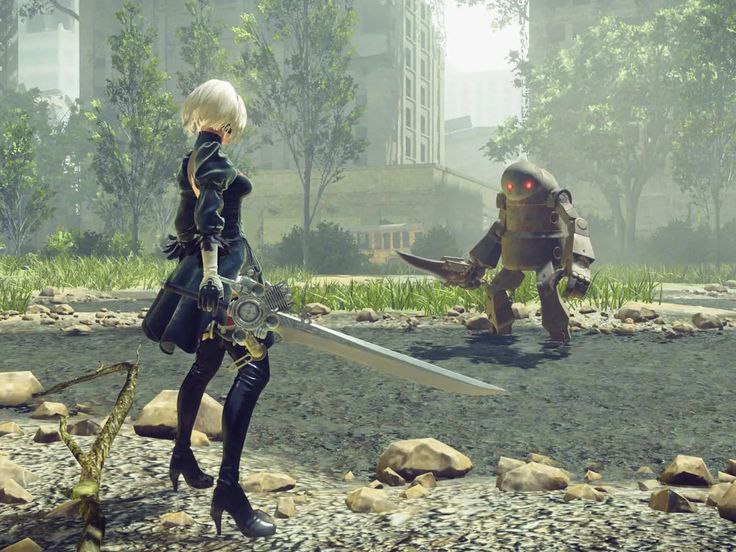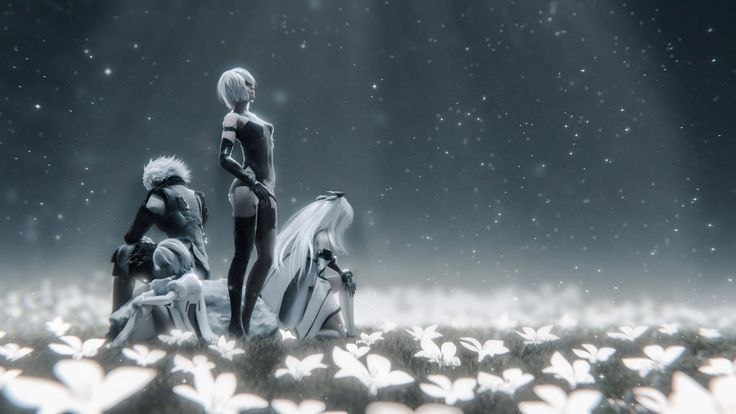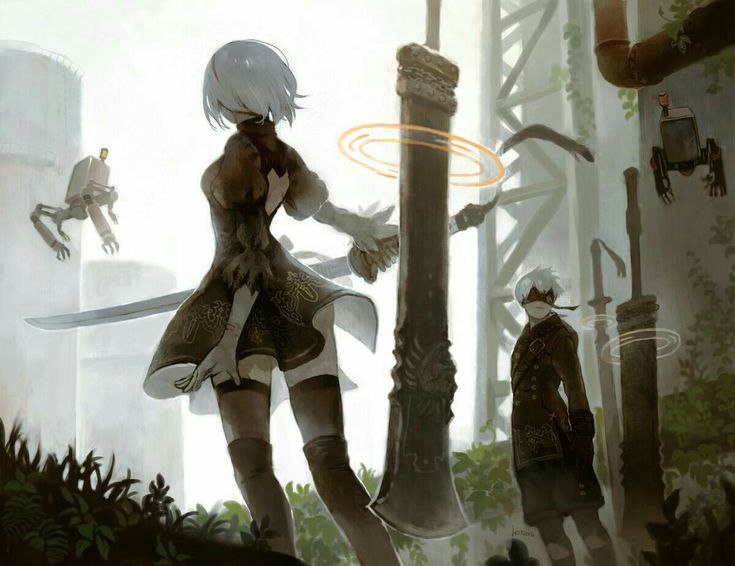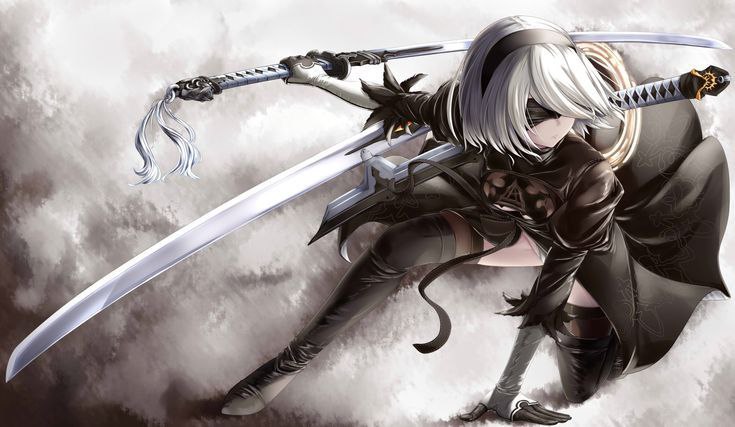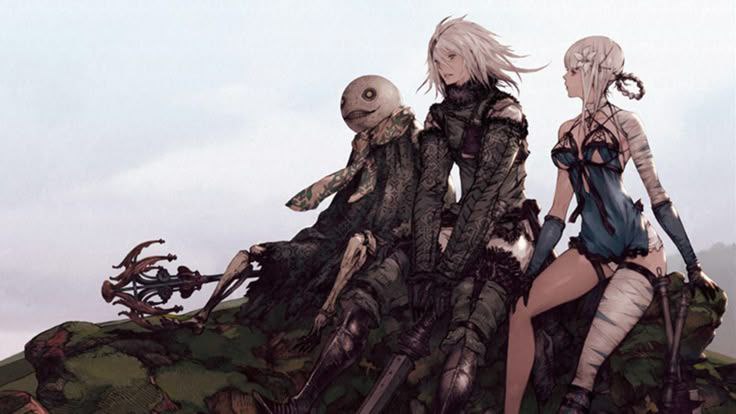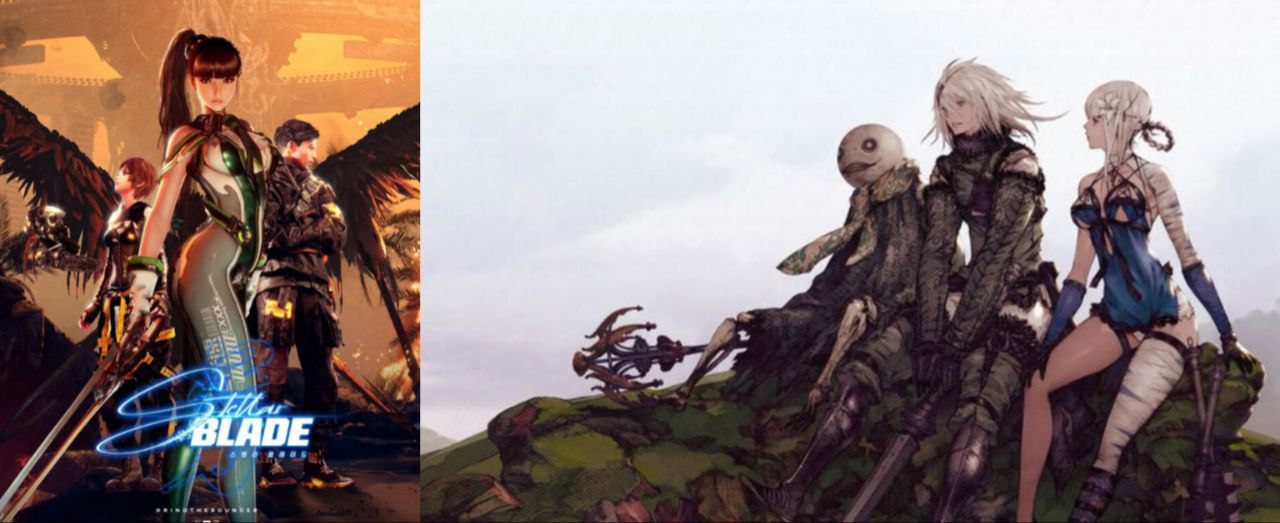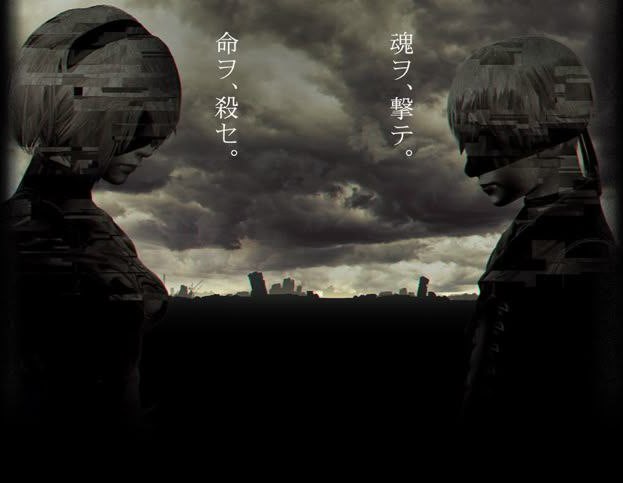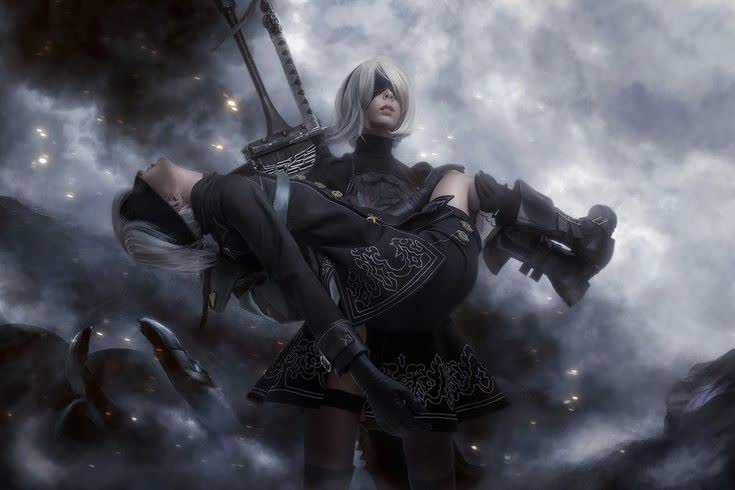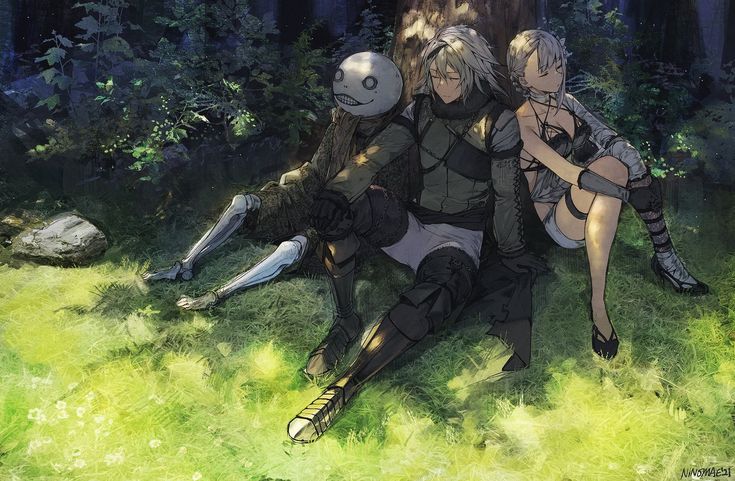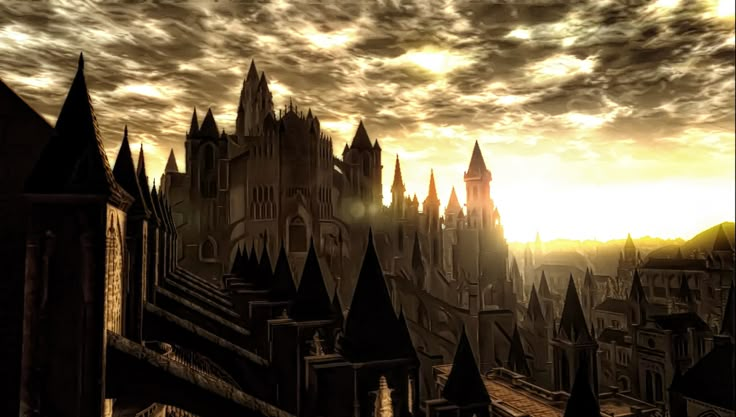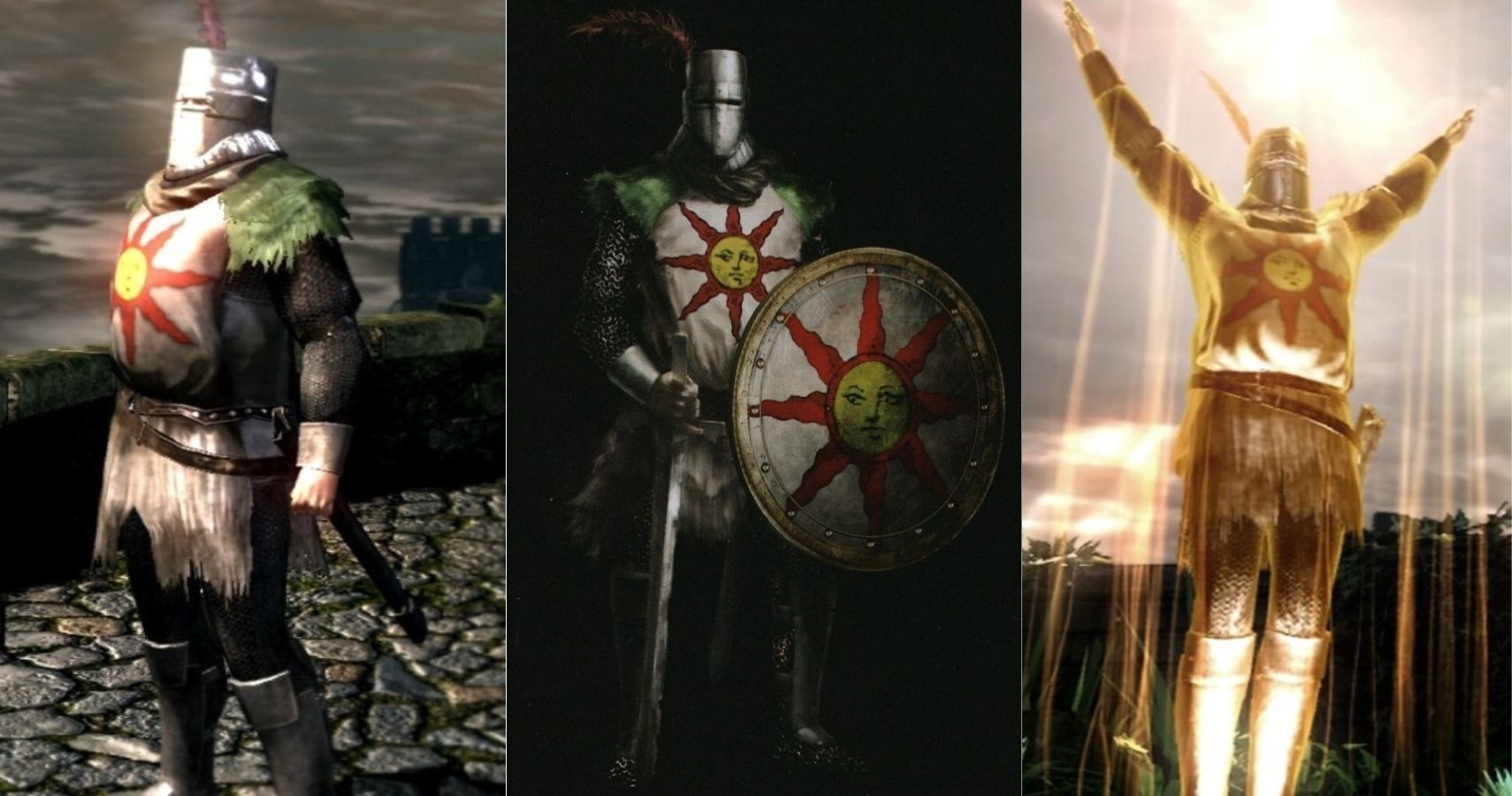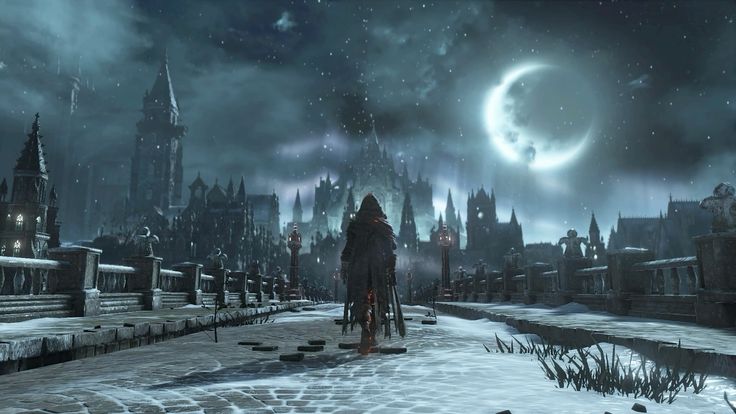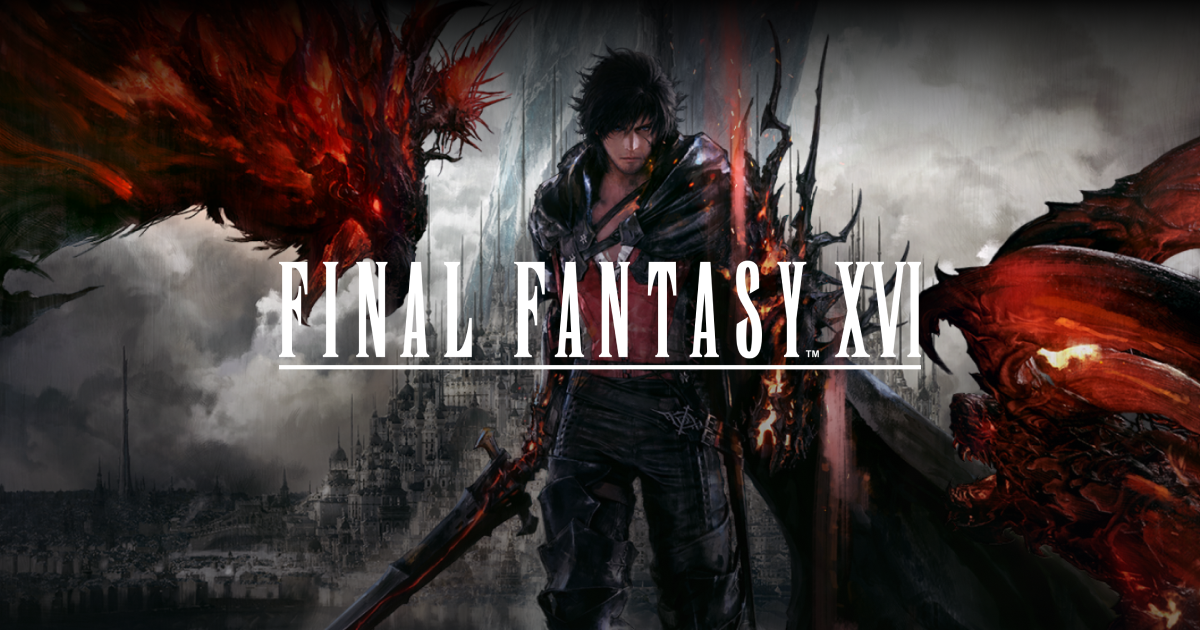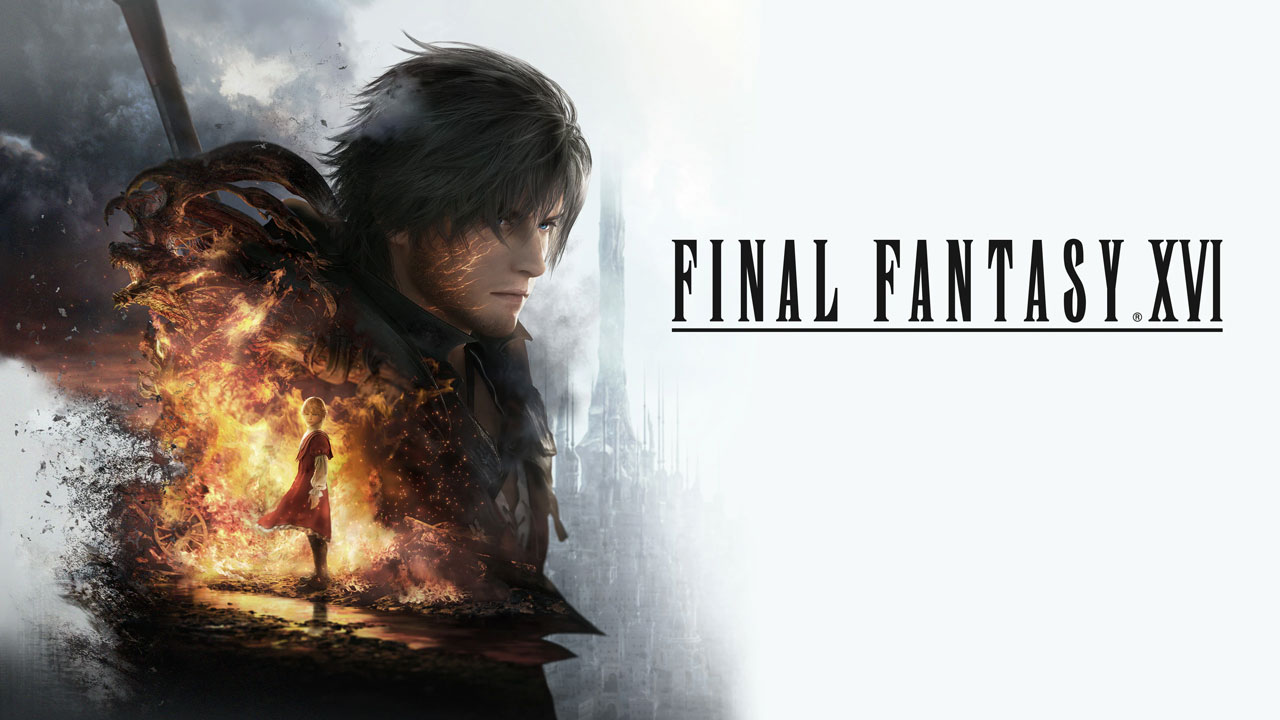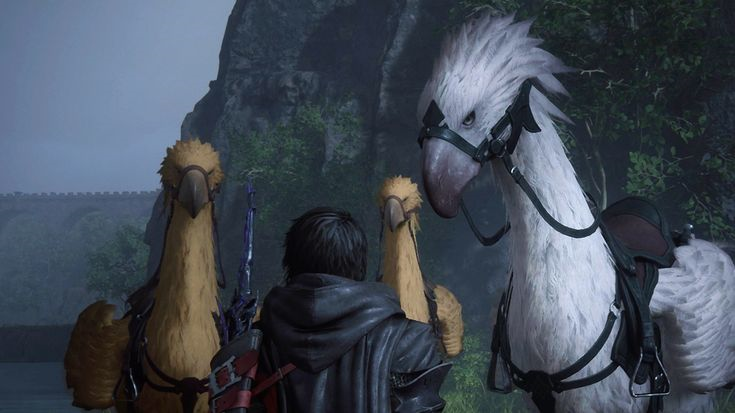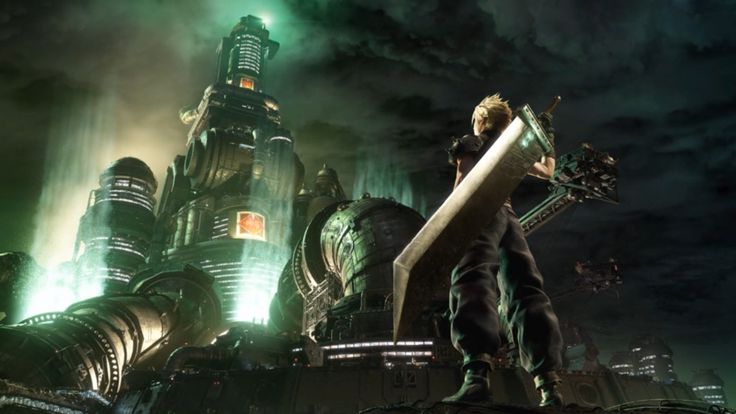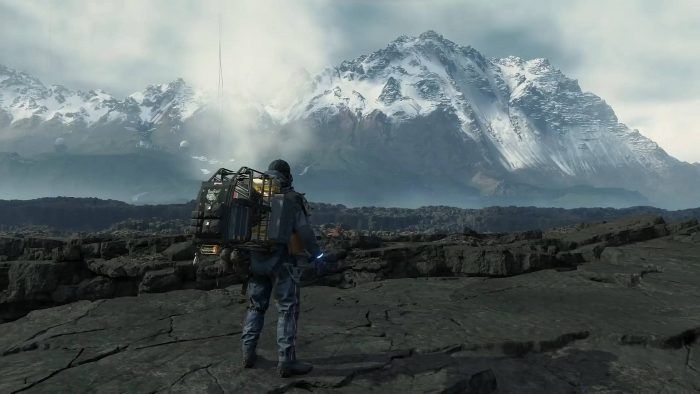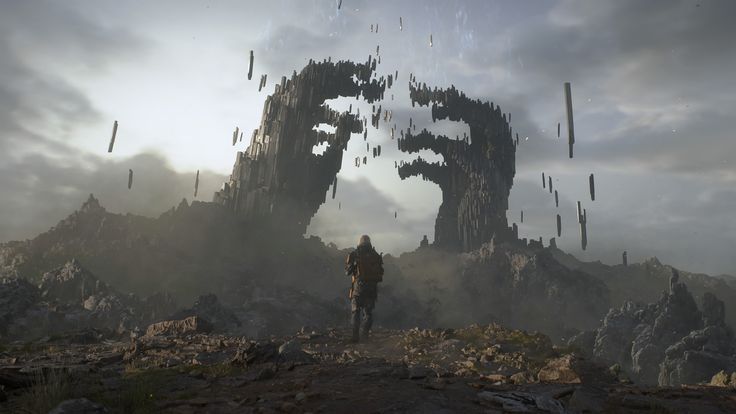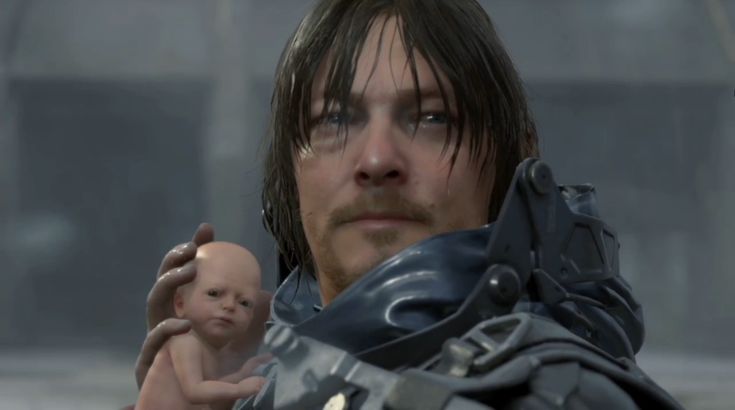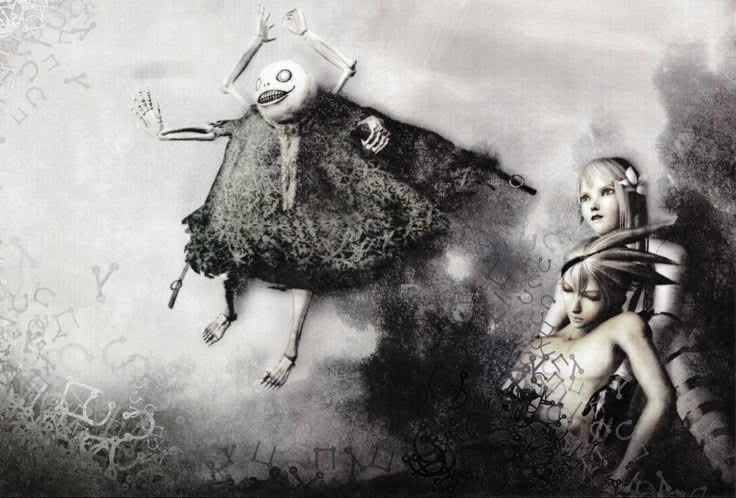Does Being Human Require Only a Body? Exploring Identity in Nier: Automata
Few games confront the meaning of humanity as directly and powerfully as Nier: Automata. At first glance, the world of androids and machines may feel distant from our own lives. Yet the struggles of characters like 2B, 9S, and A2 invite us to ask a haunting question: is being human merely a matter of flesh and blood, or is there something deeper that defines our existence?
The androids of Nier: Automata are built to mimic humans in form and function. They walk, speak, laugh, grieve, and even fall in love. And yet, they are constantly reminded that they are not “real” people—that they are artificial beings created only to fight. But as the story unfolds, the line between creator and creation begins to blur. If androids can feel sadness at the loss of a friend, or courage when facing impossible odds, are those emotions any less genuine because they are born in circuits rather than neurons?
The game presents countless moments where androids demonstrate profoundly human qualities. 2B’s quiet loyalty, 9S’s desperate curiosity, and A2’s painful journey of redemption all resonate with experiences we know too well. Their emotions are not programmed responses but choices—reactions born of growth and suffering. When 9S grieves, it does not feel like code executing. It feels like a heart breaking.
Machines, too, begin to mirror humanity in unexpected ways. Some build families, others create religions, and many struggle with fear of death. These behaviors echo humanity’s own attempts to find meaning in a chaotic world. In this light, Nier: Automata asks whether the essence of being human lies not in the body itself, but in the pursuit of meaning, love, and connection. If so, then the androids—despite their artificial origins—are no less human than the beings who once created them.
What makes this question even more haunting is the absence of humanity in the game’s world. Humans are gone, long vanished, leaving only their legacy behind. Yet the androids cling to the idea of protecting humanity’s memory. They fight wars and sacrifice their lives for a species that no longer exists. Why? Perhaps because the belief itself gives their existence purpose. Perhaps because hope, however fragile, is what binds all intelligent beings together.
The narrative suggests that humanity is not a fixed biological state, but rather an ongoing process—a struggle to understand ourselves, to love despite inevitable loss, and to search for meaning in a fleeting life. Flesh may house these experiences, but it does not define them. After all, what separates a human’s memories written in neurons from an android’s memories written in data banks? Both carry joy, sorrow, and longing. Both are fragile and impermanent.
Ultimately, Nier: Automata leaves us with an uncomfortable but beautiful truth: humanity is not owned by our bodies. It exists in the choices we make, the relationships we nurture, and the emotions we allow ourselves to feel. Androids may lack flesh, but in their tears, in their laughter, and in their acts of sacrifice, they embody what it means to be human more honestly than many real people do.
When the credits roll and the haunting music fades, the question lingers: if a machine can love, can dream, and can suffer, who are we to say it is not alive? In that moment, we are forced to look inward. Being human has never been just about the body. It has always been about the heart.
More articles from the world of Nier
More articles from the Understand Souls
More articles from the game Final Fantasy
More articles from the game Death Stranding
🎧 Dive Into the Unknown
I’ve recorded a special podcast exploring one of the many deep theories from the world of Nier. While it’s the only episode for now, there’s so much more to discover in the articles below—until the next voice finds its way to you.


